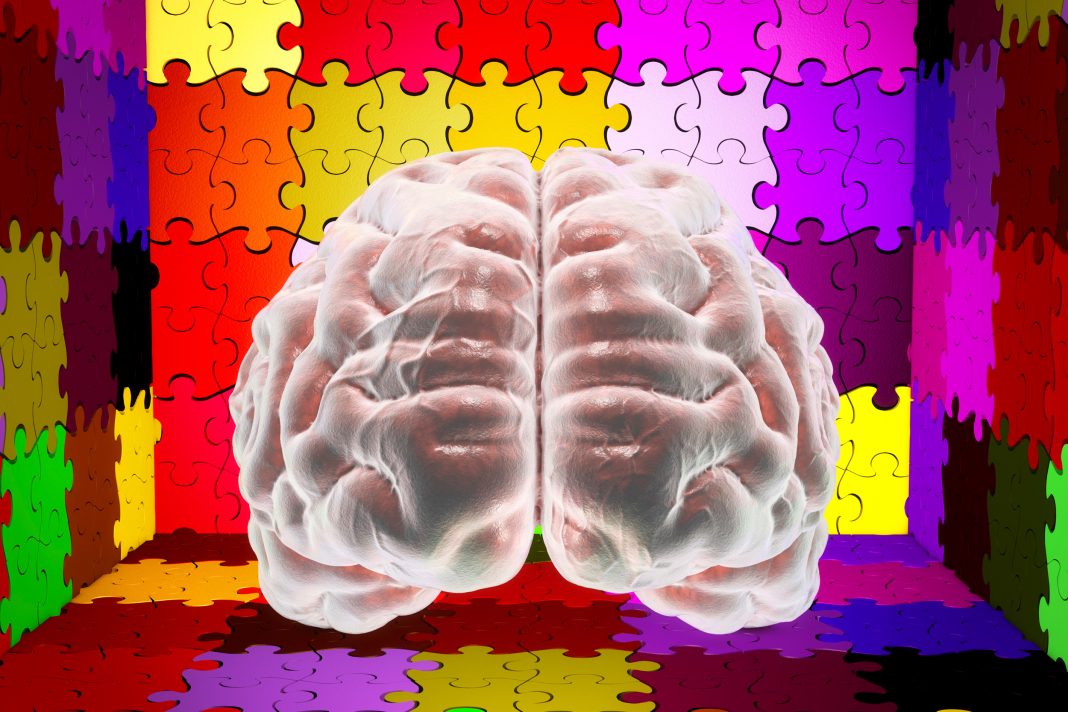The p53 protein plays an important role in cell biology as it regulates the cell cycle and halts the formation of tumors. Scientists have long dubbed the protein p53 as the “guardian of the genome,” because of its role in maintaining DNA integrity. Cells without working p53 are unable to properly repair damaged DNA, leading to a buildup of mutations including large chromosomal alterals. Now, researchers at the Beckman Institute for Advanced Science and Technology at the University of Illinois Urbana-Champaign, have established the protein p53 as critical for regulating sociability, repetitive behavior, and hippocampus-related learning and memory in mice.
The study was published in Molecular Psychiatry in an article titled, “Tumor suppressor p53 modulates activity-dependent synapse strengthening, autism-like behavior, and hippocampus-dependent learning.”
“This study shows for the first time that p53 is linked directly to autism-like behavior,” said Nien-Pei Tsai, PhD, an associate professor of molecular and integrative biology at the University of Illinois Urbana-Champaign and a researcher at the Beckman Institute for Advanced Science and Technology.
In living systems, genes act as a biological version of binary code, using the letters A, C, G, and T instead of ones and zeroes to spell out cellular marching orders. Some genes—called coding genes—instruct cells to create proteins with specific functions. For example, the gene TP53 instructs cells to create the protein p53; its job is to regulate how other genes are expressed.
In this study, Tsai and his colleagues lowered hippocampal p53 levels in mice, looking for changes in gene expressions related to behavior. They observed that the decreased p53 levels promoted repetitive behavior in mice, reduced sociability in mice, and impaired hippocampus-dependent learning and memory, especially in male mice.
The researchers also observed that p53 levels were elevated after a period of active communication between hippocampal neurons called long-term potentiation.
The study highlights the relationship between the protein-coding gene TP53 and neurodevelopmental and psychiatric disorders like autism spectrum disorder.



